How do kill my Bermuda grass that is mix up in my st Augustine ?

i have st Augustine grass and there Bermuda grass that is growing in with the st Augustine. I want to kill the Bermuda without killing st Augustine grass
Related Discussions
GNATS - How to get rid of them?
Somehow my house and garden got tiny gnats that killed my fuchsia plant and fly everywhere. I have tried ALL the Web recommendations - soap and oil dishes, sand in th... See more
Marigolds growing! Should I pinch the buds?
My marigold plants are growing. I heard that pinching the buds until Autumn will allow them to grow without killing the plant. Is this true?
Growing garlic
Growing our first garlic, should we wait until the leaves are drying out before we pick it? Husband picked first one today along with our first potatoes.
How to keep mice out of your garden?
Hi everyone, I have mice in my garden destroying my vegetables and I have also noticed them in the barn and shed. Please can someone tell me how to prevent them from ... See more
What's the best flower/plant to grow in Texas?
I know that opinions vary, but what's your opinion?!I have great luck w Rosemary plants. Green all year long.
Can someone tell me what kind of animal this was in my yard?
I thought maybe a rabbit was burrowing in my yard, but it's almost dead center of my lawn (not a very smart rabbit). The hole is not very deep, and I replanted it onc... See more
Is Creeping Charlie in your lawn a good thing or a bad thing?
Is there a sure-fire way to get rid of Creeping Charley?
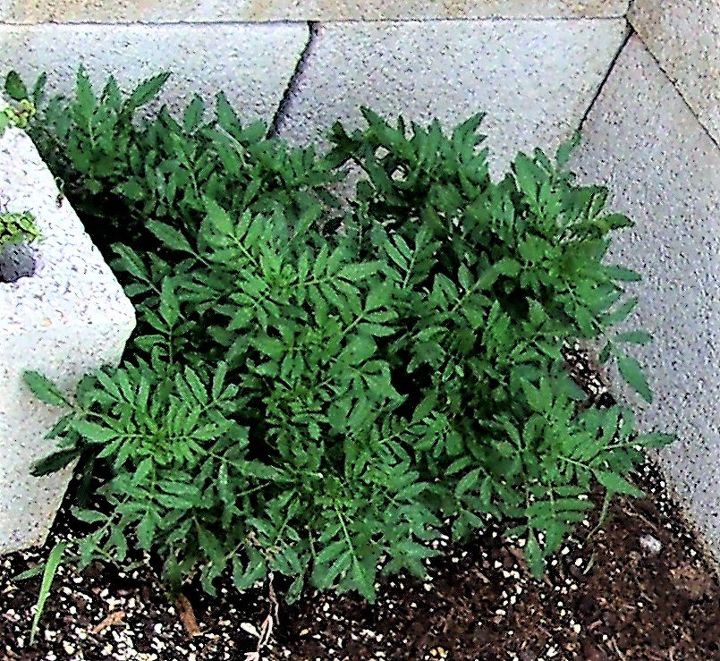
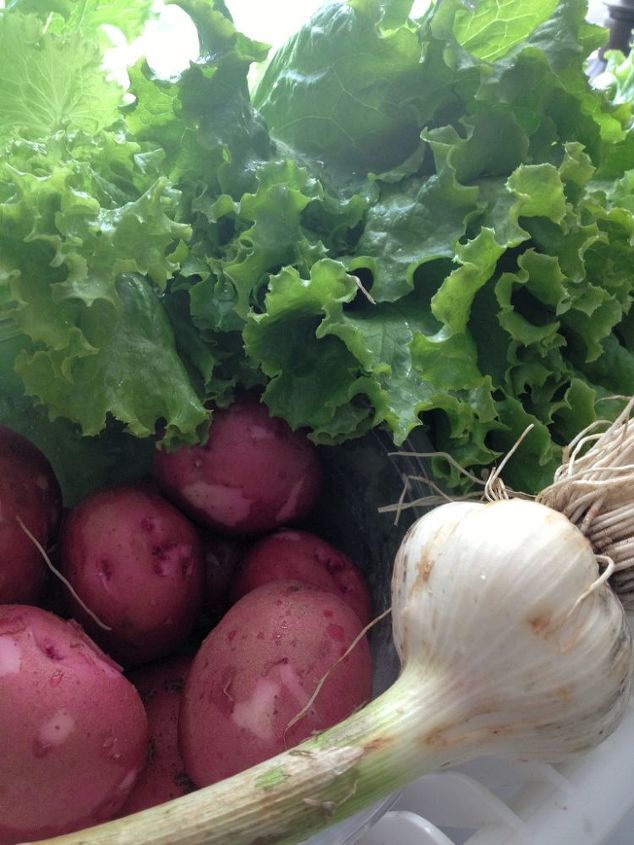
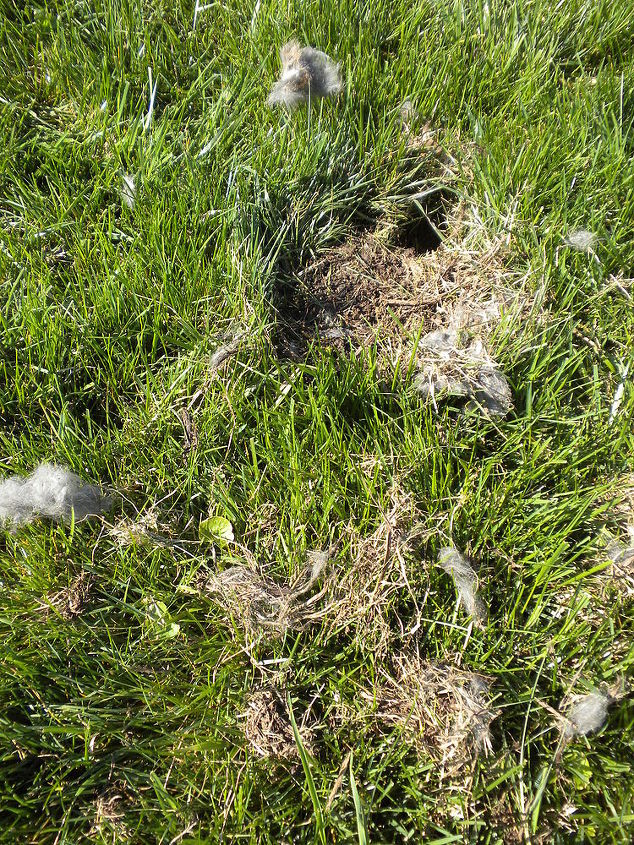
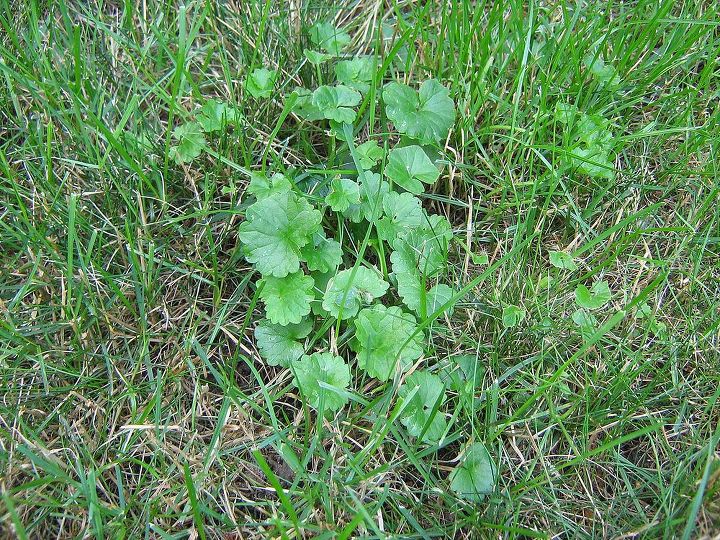
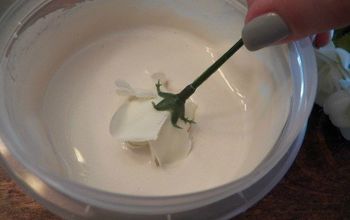
Pull out Bermuda by its roots. Wet. Ground slightly as that makes pulling easier. It's usually pretty easy to do by pulling up runners to find main roots. Do small section at a time if u need. After piling out Bermuda, fertilize St Ausgustine so it fills back in quickly.
Bermuda has a deep root system that won't stay pulled out. It is a more durable grass than St. Augustine, and you may have to accept a mix of St. Augustine with Bermuda.
Your best bet is to make sure the St. Augustine stays healthy. Set your mower to its highest setting. You will still need to mow regularly, but St. Augustine grows better when allowed to get a bit taller. If you currently have your mower set low then you are helping the Bermuda which accepts the shorter mowing height better. Water regularly, especially during dry periods, as St. Augustine needs consistent moisture. Bermuda is drought tolerant, so forgetting to water helps the Bermuda to out compete St. Augustine. If, however, you experience a long wet and warm period your lawn could be hit with brown patch or gray leaf fungus. Treat the lawn with the proper fungicide if you notice either of these. If your St. Augustine grass turns yellow or dies in patches it is probably caused by chinch bugs. Keep an eye out for disease and insect problems. Begin fertilizing St. Augustine about 3 weeks after it greens up in the spring with a 3-1-2 ratio slow-release fertilizer (15-5-10 or 21-7-14, etc.). Repeat fertilizer every 10 weeks through summer. You may need to use a fertilizer with iron if your St. Augustine is pale or yellowish. Stop fertilizing 4 to 6 weeks before the first expected frost date.
Mindshift’s answer is probably the best. You could use glyphosate if you don’ t mind small dead patches in your lawn. You would have to protect your other grass when you use it. I’ve used a bottle with a small opening as a guard to spray or paint the poison on a small spot. Cut the big end off and hold bottle opening very close or on the Bermuda while you spray.